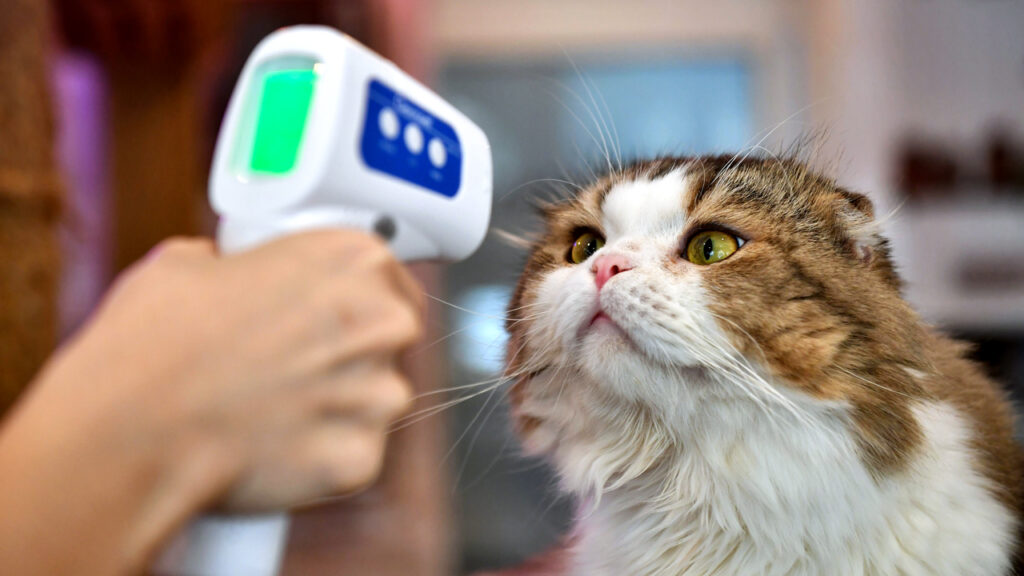
Firstly, there had been sneezing hamsters but now is the era for sneezing cats. A group in Thailand reviewed the primary authentic proof of a pet cat infecting someone with SARS-CoV-2. This includes felines to the listing of animals that may transmit the virus to human beings. Researchers say that the consequences are strong. They are amazed that it has taken this long to find out that transmission can occur. Given the scale of the pandemic, the virus’s capacity to leap among animal species, and the near-contact between cats and human beings. They think this should’ve been discovered earlier enough.
“We’ve recognized this change into an opportunity for 2 years,” says Angela Bosco-Lauth. She is an infectious-ailment researcher at Colorado State University in Fort Collins. Studies early during the pandemic discovered that cats shed infectious virus debris and may infect different cats. And over the path of the pandemic, international locations have reported SARS-CoV-2 infections in dozens of puppy cats. But organizing the path of viral spread i.e (from cat to character or from character to the cat) is tricky.
”The Thai study is a thrilling case report, and an exceptional instance of what excellent contact tracing can do”. Marion Koopmans said in an interview. She is a virologist at the Erasmus University Medical Center in Rotterdam, the Netherlands. The tomcat finding came about via way of means of accident. This statement was made by co-creator Sarunyou Chusri. He is an infectious-ailment researcher and doctor at Prince of Songkla University in Hat Yai, southern Thailand. The findings were reported on June 6.
In August, a father and son had examined the fine for SARS-CoV-2. Both of them had been transferred to an isolation ward in the university’s hospital. Their ten-year-old cat changed into additionally swabbed and examined fine. While being swabbed, the cat sneezed withinside the face of a veterinary surgeon. The surgeon changed into sporting a mask and gloves but no eye protection.
Experimental research has proven that inflamed cats don’t shed plenty of viruses. The shed virus for only some days. Leo Poon, who is a virologist at the University of Hong Kong stated. But researchers say those are all uncommon occasions and animals don’t play a huge component in spreading the virus.
